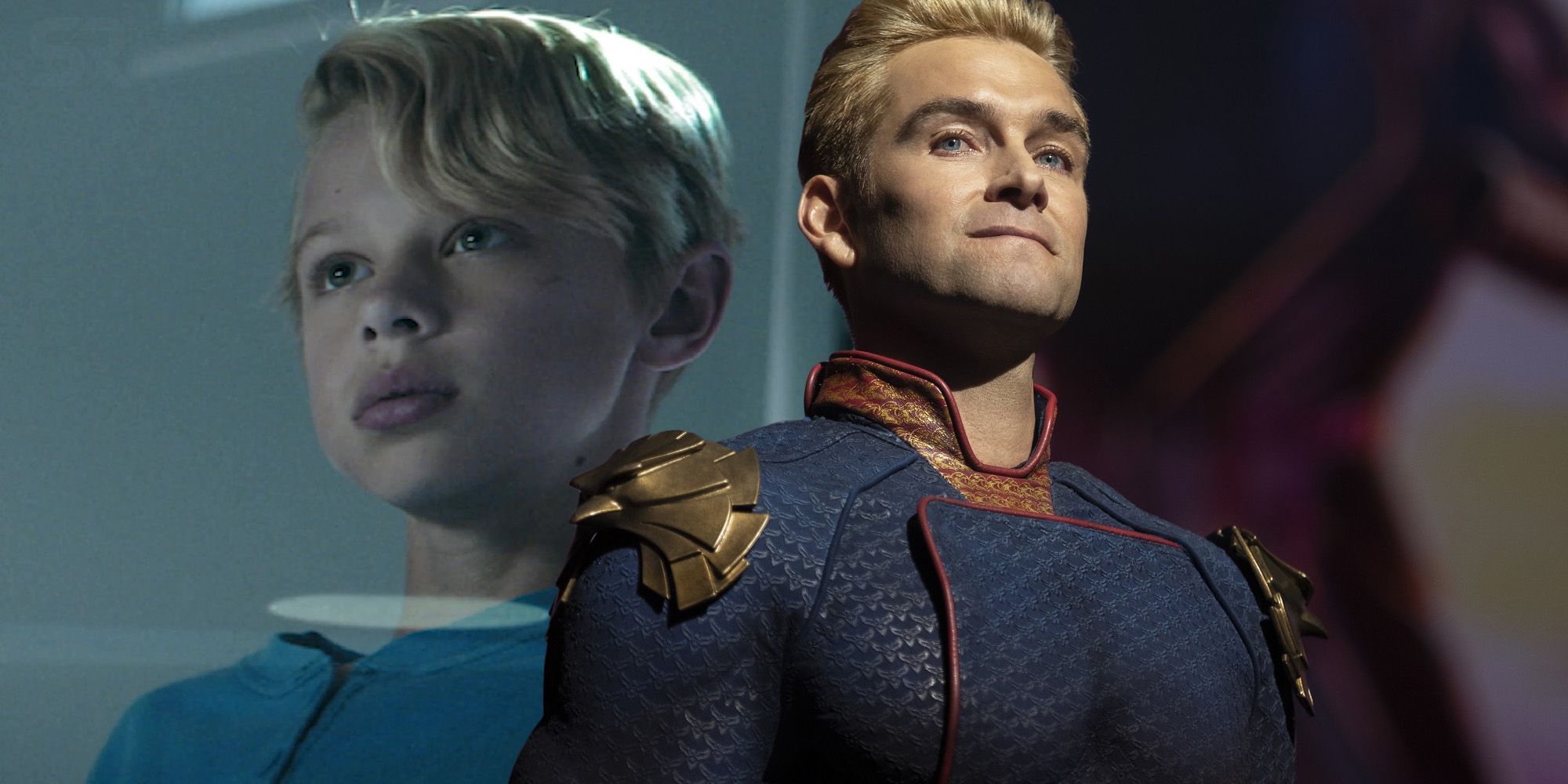
What has The Boys revealed about Homelander's younger years? In a world full of superheroes beyond reproach, Homelander routinely proves himself to be the worst of all. The leader of Vought's elite superhero group The Seven, Homelander is the most powerful man in the world and possesses an arsenal of abilities comparable to DC's Superman. Unfortunately, his moral code couldn't be further from the Big Blue Boy Scout, as Homelander's only priority is maintaining his position as a beloved public figure. He cares little for saving lives, has no concept of good or evil, and is given virtually free reign by his employers, who happily cover up any mess Homelander creates.
In The Boys season 1, Homelander recognizes Vought's goal to bring superheroes into the military, so conspires to give terrorists superpowers, leaving the government with no choice but to enlist The Seven in response. In season 2, Homelander and his Nazi-with-benefits, Stormfront, try to purify the population by handing out Compound-V to those deemed worthy and trigger a race war. In both cases, Homelander's goals seem political in nature, but his motivations are anything but. The Seven's leader is driven purely by a damaged psyche and a constant need to have his ego massaged.
One doesn't need the insight of Freud to see that Homelander's psychological issues stem from a deeply troubled childhood, and while The Boys has offered glimpses into the character's early years, many questions remain about how Homelander came to be. Here's everything revealed so far about Homelander's origin story.
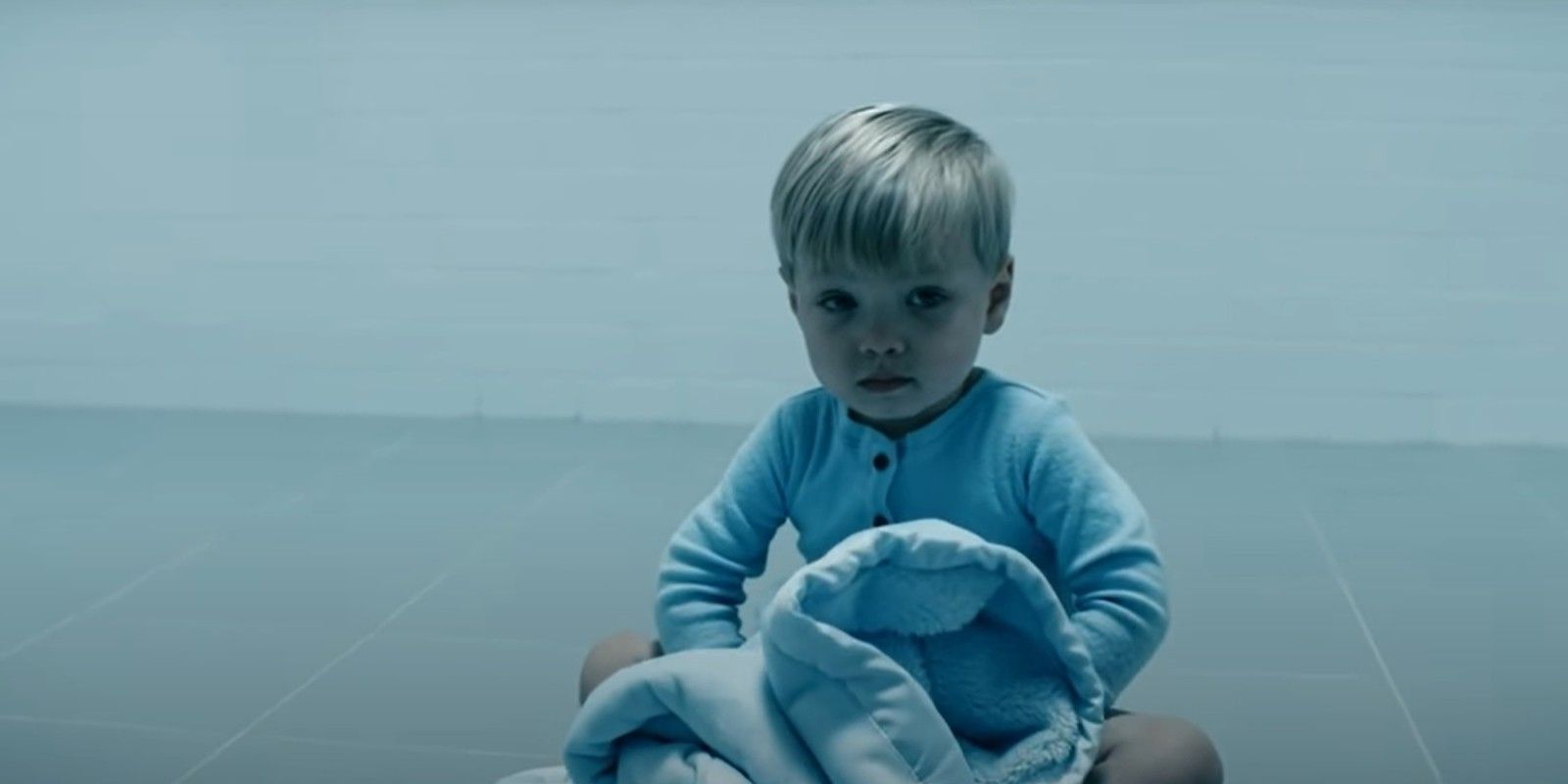
Stormfront describes Homelander as the very essence of what her husband, Vought's fascist founder, was trying to achieve when he invented Compound-V. Superheroes had existed since the Second World War, but it wasn't until Jonah Vogelhaum came along some time later that Vought set about designing a perfect hero for the world. The earliest scenes of Homelander in The Boys depict him as a young child, only a few years old. At this time, the boy was known as John, and kept in a sterile, white room which contained only two possessions - a blanket and a human target covered in scorch marks. This confirms that Vogelbaum had baby Homelander honing his laser vision from an extremely young age. Despite these appalling conditions, Vogelbaum and the other scientists were at least a little parental towards their test subject. A flashback scene in The Boys season 1 shows the folks in white coats making John laugh by pulling silly faces from behind the safety of a thick cell door. Later, in The Boys season 2, Vogelbaum admits that he considered John his own son at one time.
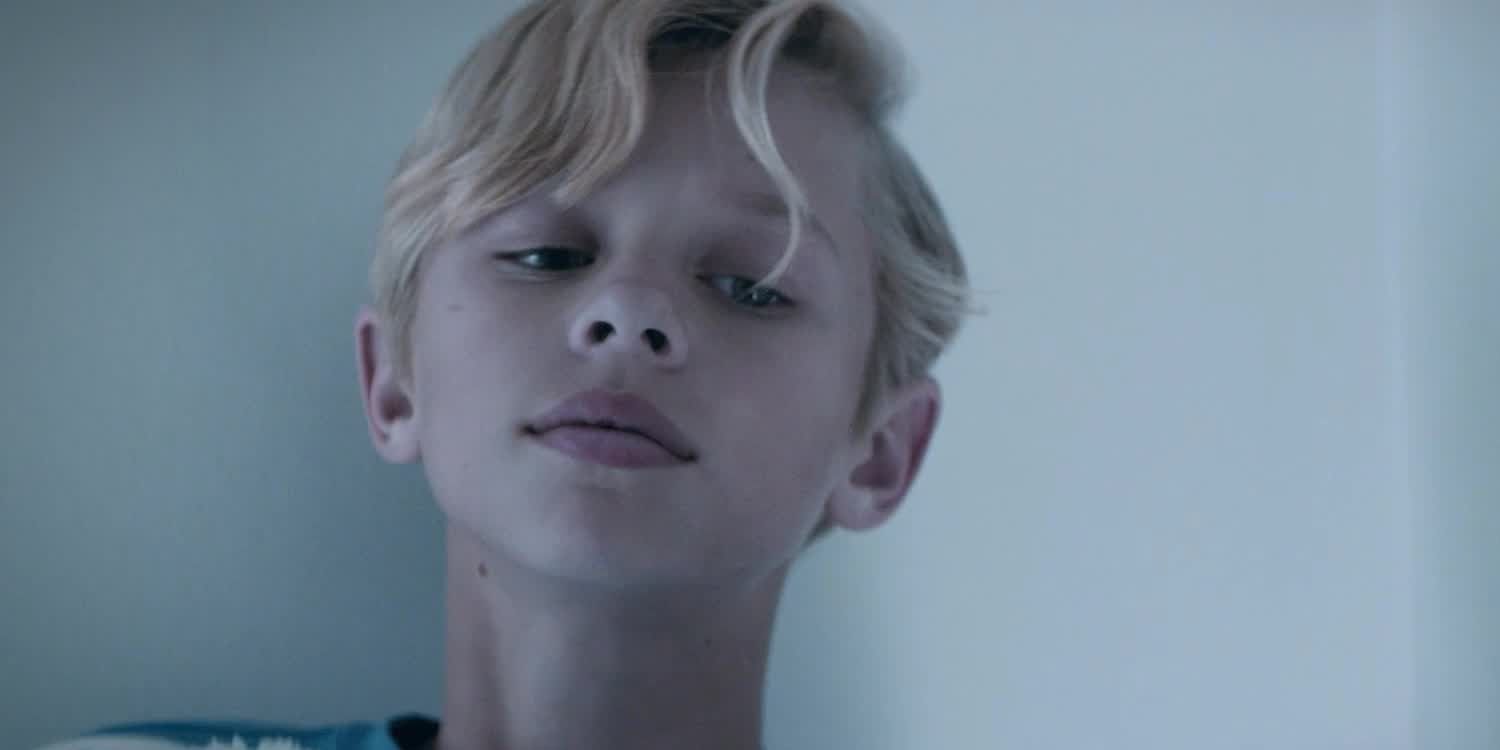
In a change of attitude he (and everyone else in The Boys) would later come to regret, Dr. Vogelbaum decided that in order to achieve his goal of hand-crafting a perfect superhero, he needed to sever the personal, friendly ties developing between Homelander and the Vought science team. From that moment forth, John was treated coldly and with contempt, purely as a guinea pig. After seeing the horrific human being Homelander becomes, Vogelbaum laments that raising the superhero without love - and specifically the love of his mother - was a grave mistake that turned Homelander into a callous and unfeeling villain.
A short film released between The Boys seasons 1 & 2 catches up with Homelander at grade school age, some years after the "blanket flashback" shown previously. The camera footage is dated at 1994, confirming Homelander isn't as old as the likes of Stormfront but, more interestingly, the film also reveals Vought's brainwashing process. A teacher barrages Homelander with a series of patriotic images, seemingly on a daily basis. These include Jesus Christ ("our lord and savior"), baseball matches, and the good 'ol American flag. Vought's intention was obviously to make Homelander an all-American hero, but it actually turned him into a bit of a xenophobe, with little interest in affairs that don't relate to Uncle Sam. These Vought teachers were also responsible for giving young Homelander all the necessary knowledge about the outside world.
At this age, Homelander would question his parentage, unsure whether he had a father, or who his mother was. Vought obviously kept Homelander in the dark about his origins, and maintained the facade that Dr. Vogelbaum was his "daddy." Homelander's uncertainty hints toward the parent-related trauma that would later define his actions as an adult - especially the whole milk thing. At this point, Homelander's nasty streak began to poke through. The young supe was responsible for the deaths of multiple tutors - sometimes out of anger (it takes a brave teacher to put Homelander in detention) and sometimes just by hugging them to death. The blue-eyed lab rat would pretend these incidents were accidental, but his fear was an act, and the murders were clearly committed with purpose. Interestingly, Homelander still held his blanket during this period.
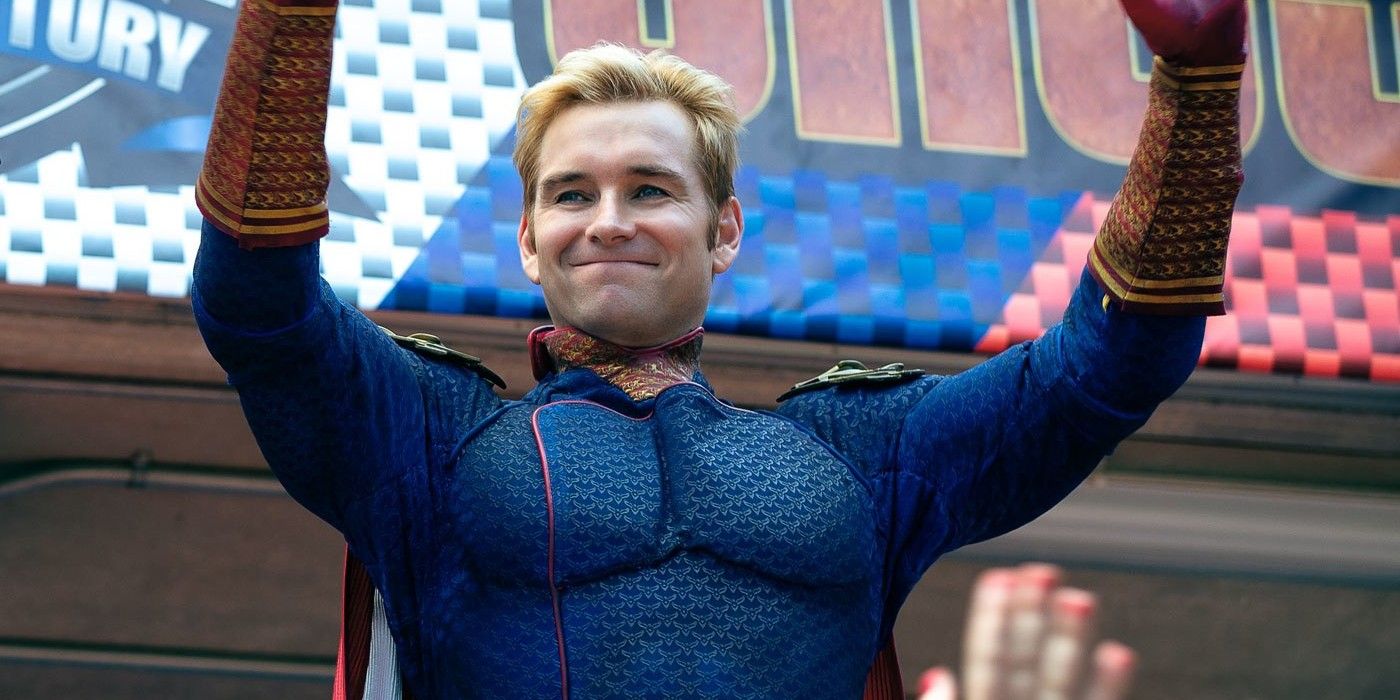
More than a few gaps still remain in the story of Homelander. Much like the character himself, the audience don't yet know where Homelander came from originally. Vought has a history of paying parents to use their children in Compound-V experiments (Starlight, for example), and with Homelander, it's possible that the company simply paid a large sum of money to a young mother looking to give away her newborn baby. Rather than handing the babies back, therefore, Vought would effectively own "John" for life. Alas, this remains speculation, and Homelander's parentage may differ. In The Boys' comic book series, the character was imbued with Compound-V while still in the womb, and his mother died during birth.
There's also the mystery of the blanket still to explore. In The Boys season 1, Homelander was venomous towards the Vought moron who included the item in a fake mock-up of Homelander's "childhood home" but his attachment to the blanket remains ambiguous. Perhaps the connection is merely due to the comforter being the only constant throughout Homelander's entire life - the single thing he can count on. Alternatively, the blanket could've come from John's biological mother, and is the only piece of his true parents Homelander still remaining.
Finally, The Boys hasn't yet revealed Homelander's introduction to The Seven. When the story begins, Homelander is the most famous man on Earth, but how did that process begin? And how did Vought transition Homelander from their lab into the public eye? The Boys fans are so accustomed to seeing Homelander in command, it would be fascinating to get some insight into his "Year One" in The Boys season 3, with a less cocksure, more naive Homelander making his first tentative steps as a superhero.
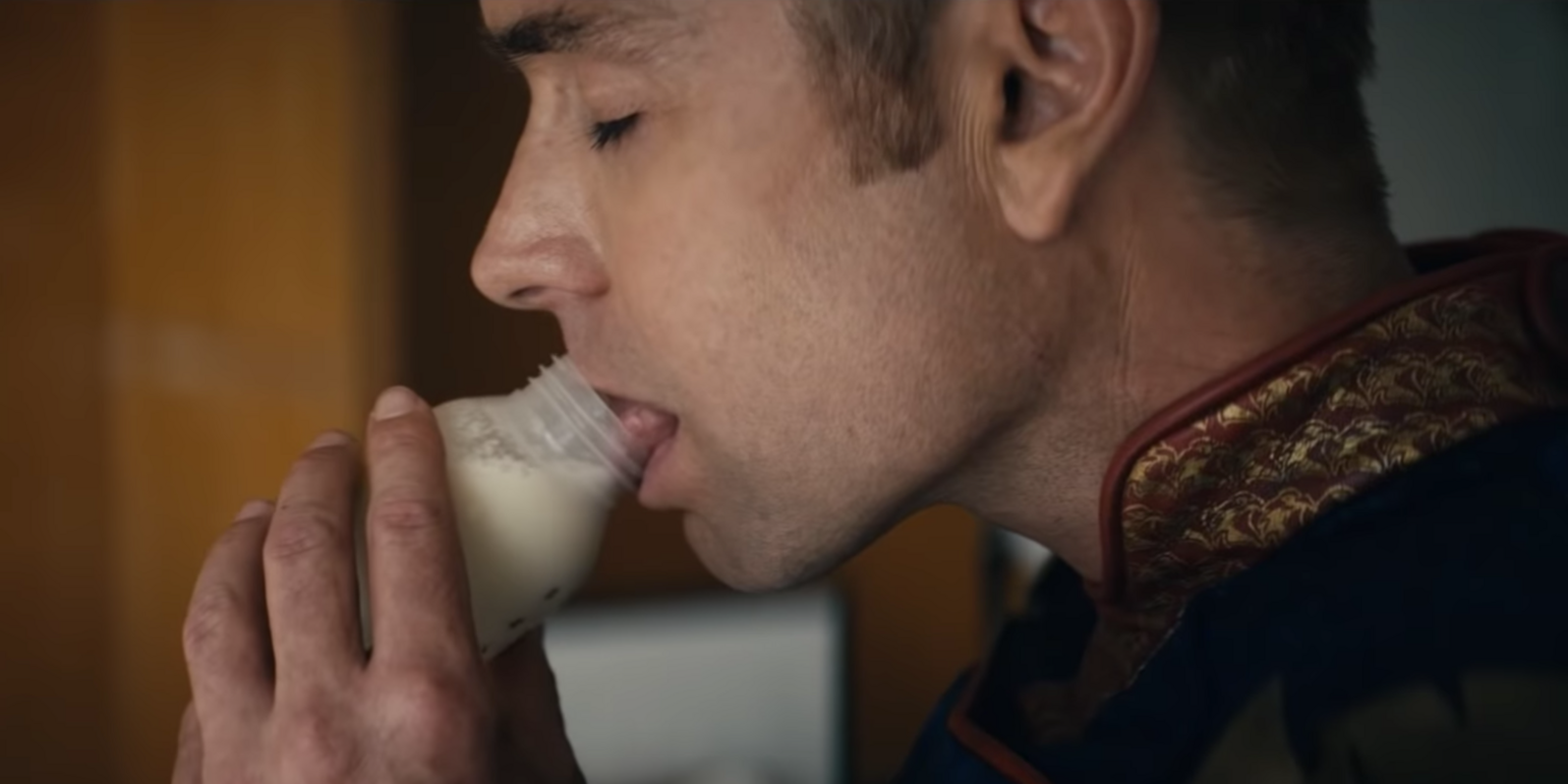
As is the case throughout life, Homelander's upbringing informs his personality and values in adulthood. Dr. Vogelbaum deliberately deprived Homelander of love, care and affection to "toughen him up" but only succeeded in making the superhero uncaring and hateful towards others, reflecting the lack of empathy shown to him during childhood back upon the world. This also explains why Homelander so desperately craves the love of his public, and acts possessively in romantic relationships with Queen Maeve, Madelyn Stillwell and Stormfront - he never experienced these emotions growing up.
The lack of parental figures in Homelander's life has also triggered some other unusual behavior. Sexual relationships are laced with mommy issues, and he struggles to parent his own son, Ryan, having not experienced what fatherhood looks like in his youth. And yet it's Ryan that brings out the softest side of Homelander seen in The Boys so far. Despite his extensive list of barbaric crimes, Homelander genuinely wants to comfort and raise his son. This is partly motivated by the intense loneliness Homelander feels as the world's most powerful figure, but those feelings trace all the way back to the superhero's tutor-killing days. As revealed in The Boys' short flashback film, a member of the Vought team diagnosed Homelander with isolation induced depression. While he may have been moved from a cramped cell to the big wide world, it seems Homelander's condition remains unchanged.
from ScreenRant - Feed https://ift.tt/38ZlhUa






0 Comments
Please don't use vulgar comments and avoid discussion on Religious matters